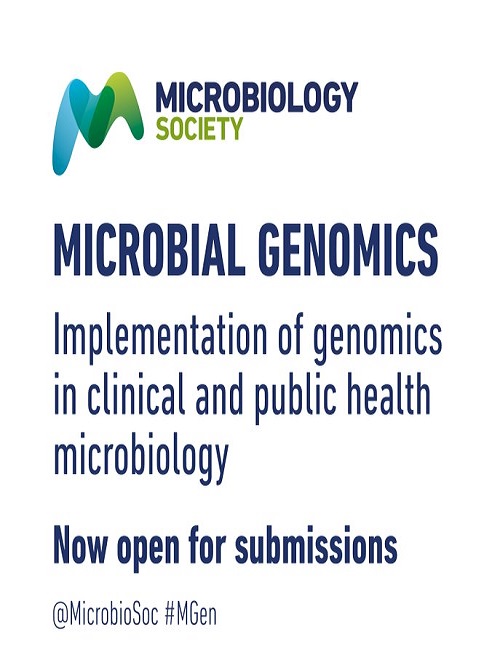确定 NGS 文库扩增的最佳 PCR 酶
IF 4
2区 生物学
Q1 GENETICS & HEREDITY
引用次数: 0
摘要
背景。PCR 扩增是许多下一代测序(NGS)文库制备方法的必要步骤[1, 2]。虽然许多 PCR 酶都是为了高效、准确和特异性地扩增单个目标而开发的,但很少有酶是为了应对 NGS PCR 带来的挑战而开发的,即无偏扩增各种不同大小和 GC 含量的目标。因此,在 NGS 文库预处理过程中,PCR 扩增往往偏向于 GC 中性和较小的片段。我们在一系列不同 GC 含量和组成的 Illumina 文库模板上测试了 20 多种不同的高保真 PCR 酶/NGS 扩增混合物,发现市售酶的产量和基因组覆盖均匀性特征差异很大。我们发现,Quantabio RepliQa Hifi Toughmix、Watchmaker 文库扩增热启动主混合物(2X)‘Equinox’和 Takara Ex Premier 这三种酶在所有基因组上的表现一致,与无 PCR 数据集上观察到的表现非常接近。我们还通过扩增平均大小分别为 21.6 和 13.4 kb 的 S. cerevisiae DNA,测试了一系列用于长线程测序的酶。短线程(Illumina)文库片段扩增的首选酶是Quantabio RepliQa Hifi Toughmix、Watchmaker文库扩增热启动母液(2X)‘Equinox’和Takara Ex Premier,其中RepliQa也是长线程测序前长片段扩增测试酶中性能最好的酶。本文章由计算机程序翻译,如有差异,请以英文原文为准。
Identifying the best PCR enzyme for library amplification in NGS
Background. PCR amplification is a necessary step in many next-generation sequencing (NGS) library preparation methods [
1, 2
]. Whilst many PCR enzymes are developed to amplify single targets efficiently, accurately and with specificity, few are developed to meet the challenges imposed by NGS PCR, namely unbiased amplification of a wide range of different sizes and GC content. As a result PCR amplification during NGS library prep often results in bias toward GC neutral and smaller fragments. As NGS has matured, optimized NGS library prep kits and polymerase formulations have emerged and in this study we have tested a wide selection of available enzymes for both short-read Illumina library preparation and long fragment amplification ahead of long-read sequencing.
We tested over 20 different hi-fidelity PCR enzymes/NGS amplification mixes on a range of Illumina library templates of varying GC content and composition, and find that both yield and genome coverage uniformity characteristics of the commercially available enzymes varied dramatically. Three enzymes Quantabio RepliQa Hifi Toughmix, Watchmaker Library Amplification Hot Start Master Mix (2X) ‘Equinox’ and Takara Ex Premier were found to give a consistent performance, over all genomes, that mirrored closely that observed for PCR-free datasets. We also test a range of enzymes for long-read sequencing by amplifying size fractionated S. cerevisiae DNA of average size 21.6 and 13.4 kb, respectively.
The enzymes of choice for short-read (Illumina) library fragment amplification are Quantabio RepliQa Hifi Toughmix, Watchmaker Library Amplification Hot Start Master Mix (2X) ‘Equinox’ and Takara Ex Premier, with RepliQa also being the best performing enzyme from the enzymes tested for long fragment amplification prior to long-read sequencing.
求助全文
通过发布文献求助,成功后即可免费获取论文全文。
去求助
来源期刊

Microbial Genomics
Medicine-Epidemiology
CiteScore
6.60
自引率
2.60%
发文量
153
审稿时长
12 weeks
期刊介绍:
Microbial Genomics (MGen) is a fully open access, mandatory open data and peer-reviewed journal publishing high-profile original research on archaea, bacteria, microbial eukaryotes and viruses.
 求助内容:
求助内容: 应助结果提醒方式:
应助结果提醒方式:


